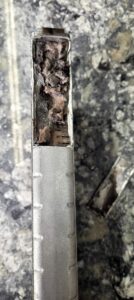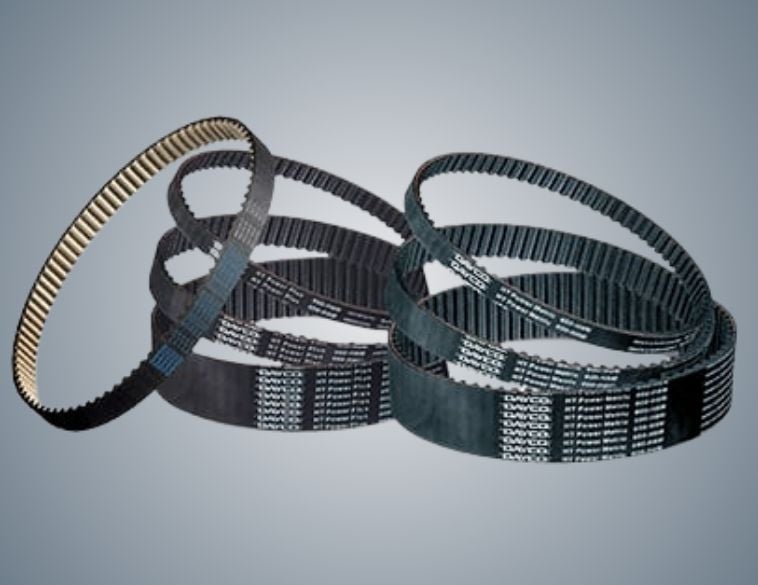In the current economic climate where prices are rising every three months, it is inevitable that some vehicle owners are looking to save on the cost of their mechanical repairs.
And I am pretty sure that some repair shops will want to go in this direction, in order not to lose “the job”. But honestly, I’m not convinced that this practice is going to be a winner on either side of the counter. Beware of horror stories!
Poor heating
I’m sharing a case that occurred in one of our service bays recently. It was a 2010 Chrysler Sebring. Customer complaint: on his last trip to Florida, the front passenger had very little heat. Here, it should be noted that the vehicle was bought back not so long ago.
The first check was to see the difference between the driver’s side and the passenger’s side. Without a thermometer, just with our hands, we feel a huge difference between the two. Sans thermomètre, juste avec nos mains, nous ressentons une énorme différence entre les deux. So, technically, if there’s heat on one side, the other side should have heat too. We can also eliminate the existence of a problem in the ventilation duct since there is as much air coming out on each side. There is only one cause left: the heating radiator is blocked.
Heating radiator

We proceed to a cleaning of the heating radiator, hoping for a miracle. No, nothing works. It must be replaced. It’s a multi-hour job, quite a bit of work, as the entire dashboard must be removed.
Once the radiator in hand, we decide to open it, question to confirm that it is clogged, probably by deposits of limestone, thing which we commonly see on older vehicles.
Well no, it is completely blocked, but by leaky filler! A finding that will likely shock the owner. The previous owner (or technician) injected a leak plug into the cooling system, and now the new owner is paying the price.
A false economy
What am I getting at with this repair? If this previous repair had been suggested by a workshop, we must realize that its consequences are quite catastrophic. And that applies to any repair that is not consistent with the trade we practice. Cutting corners to save money often results in more expensive repairs. And taking this approach thinking you’re doing the right thing doesn’t excuse the practice.
In conclusion, with the new heater installed, the owner was looking forward to his next trip to Florida.



